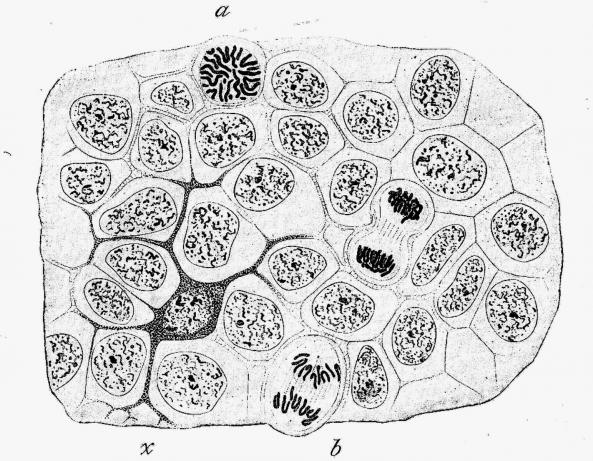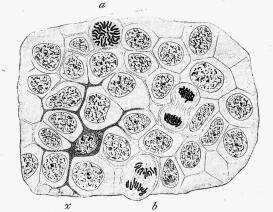During the long nineteenth century, biologists and geologists developed a teleological theory of evolution according to which organic entities exhibited a progressive tendency towards increasing organization. This theory had an enormous impact on late nineteenth- and early twentieth-century North American politics, informing a range of interventionist public policies with far-reaching effects on the ground. From the multi-cellular organism to the human society, the vertically integrated corporation to the political economy, and the individual dwelling to the urban metropolis, a wide range of social assemblages came to regarded as functionally integrated entities whose developmental trajectory required individual parts to become increasingly subsumed by a larger whole.
My project traces the history of how this progressivist theory of evolution developed in Europe (especially in Germany) and subsequently migrated to the United States, where it was actively implemented by social reformers eager for more efficient means to manage human affairs.

Histological preparation of skin cells from the larval salamander Amblystoma, some of which are shown undergoing mitosis. From E.B. Wilson, The Cell in Development and Inheritance, NY: The Macmillan Co., 1896, p. 2.

